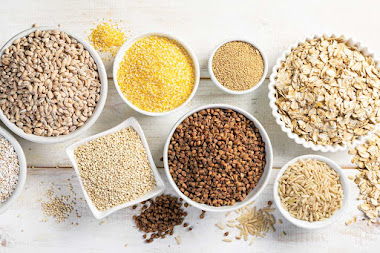CHILDREN'S DIET: ULTRA-PROCESSED FOOD RISKS

CHILDREN'S DIET: ULTRA-PROCESSED FOOD RISKS The calories that children and adolescents consumed from ultra-processed foods jumped from 61% to 67% of total caloric intake from 1999 to 2018, according to a new study from researchers at the Friedman School of Nutrition Science & Policy at Tufts University. In JAMA, a study analyzed dietary intake from 33,795 children and adolescents nationwide. "Some whole grain breads and dairy foods are ultraprocessed, and they're healthier than other ultraprocessed foods. Processing can keep food fresher longer, allows for food fortification and enrichment, and enhances consumer convenience," said senior and corresponding author Fang Fang Zhang, a nutrition epidemiologist at the Friedman School. "But many ultraprocessed foods are less healthy, with more sugar and salt, and less fiber, than unprocessed and minimally processed foods, and the increase in their consumption by children and teenagers is concerning." The most...





